Iceland is on the top of the Global Peace Index 2021
Fri 18 Jun 2021, 10:10:04
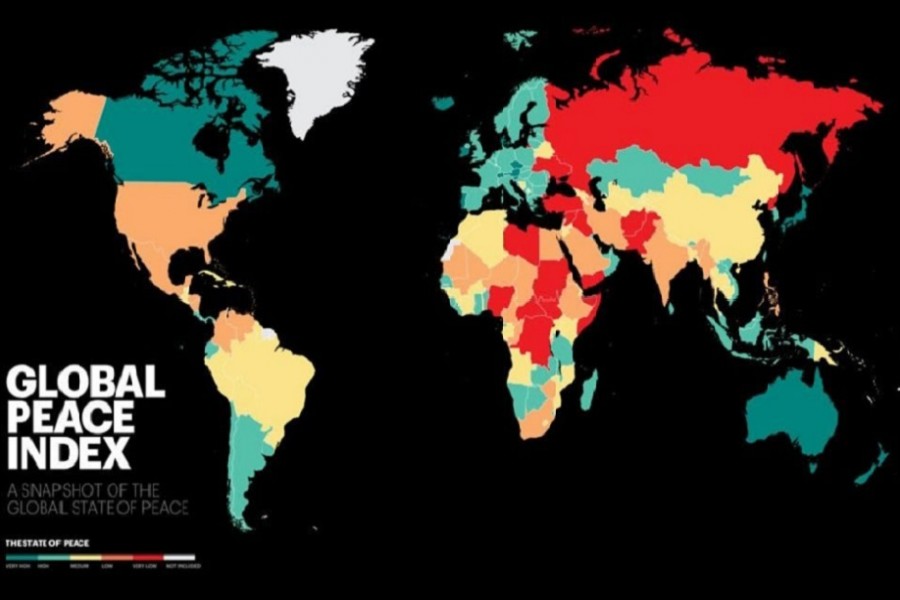
Globally, Iceland was on the top of the peace index followed by New Zealand, Denmark and Portugal. Out of the 10 most peaceful countries in the world, 8 are from Europe.
Only three out of nine regions in the world improved in the peace index. The largest improvement occurred in the Middle East and North Africa.
The economic impact of violence to the global economy in 2020 was $14.96 trillion in purchasing power parity (PPP) terms which is equivalent to 11.6 percent of the world’s economic activity.
The report points out that the average level of global peacefulness declined by 0.07 percent marking the 9th deterioration in the last thirteen years.
The IEP covers 99.7 percent of the world’s population using 23 qualitative and quantitative indicators to measure the state of peace across three parameters of societal safety and
security, ongoing domestic and international conflict and the degree of militarisation.
security, ongoing domestic and international conflict and the degree of militarisation.
Bangladesh improved its position by 7 notches in the Global Peace Index 2021 compiled by the Institute of Economics and Peace (IEP) based in Sydney, Australia.
In its 15th edition ranking 163 countries according to their level of peacefulness, the Index placed Bangladesh at 91st position compared to 98th last year. Bangladesh has scored an overall score of 2.68 making it the third most peaceful country in South Asia placed behind Bhutan and Nepal. Afghanistan has been ranked as the least peaceful country in the South Asian region.
However, the index has placed Bangladesh in the category of countries with a positive peace deficit which means that the countries are likely to face increasing levels of violence over the next decade.
No Comments For This Post, Be first to write a Comment.
Most viewed from International
Most viewed from World
AIMIM News
Latest Urdu News
Most Viewed
May 26, 2020
Is it right to exclude Bangladesh from the T20 World Cup?
Latest Videos View All
Like Us
Home
About Us
Advertise With Us
All Polls
Epaper Archives
Privacy Policy
Contact Us
Download Etemaad App
© 2026 Etemaad Daily News, All Rights Reserved.




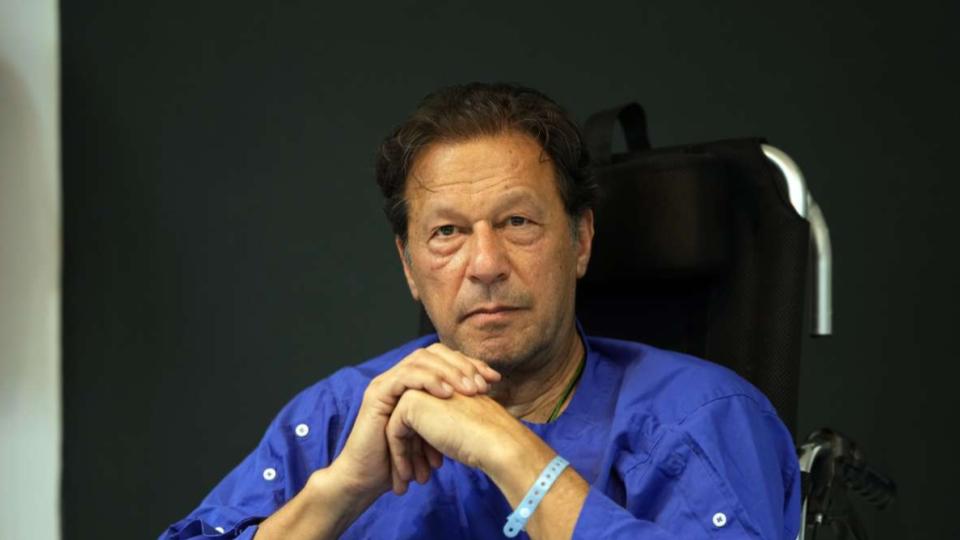

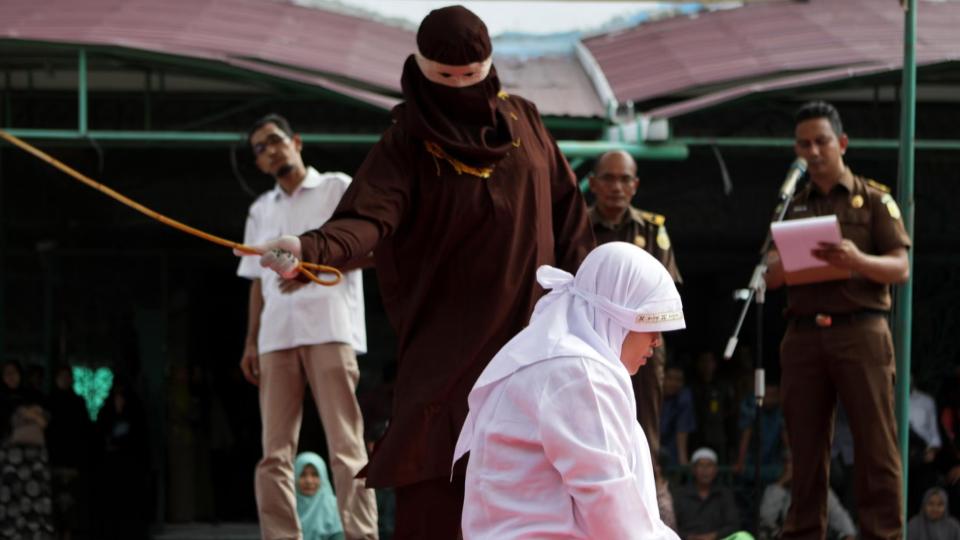
.jpg)
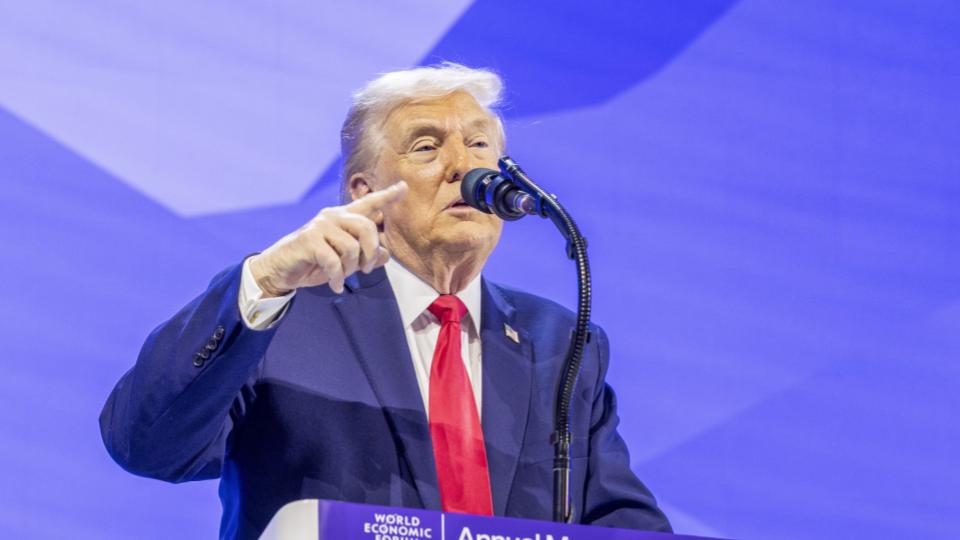



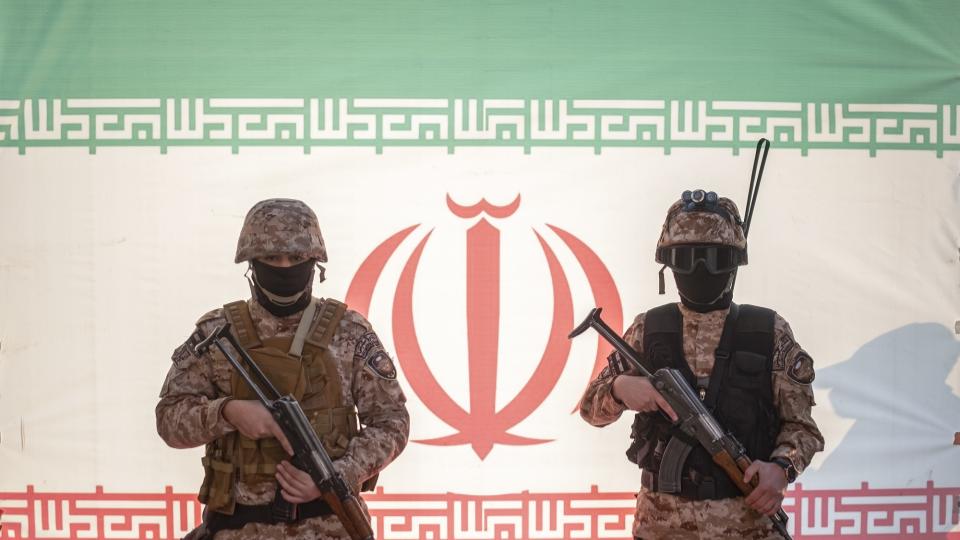
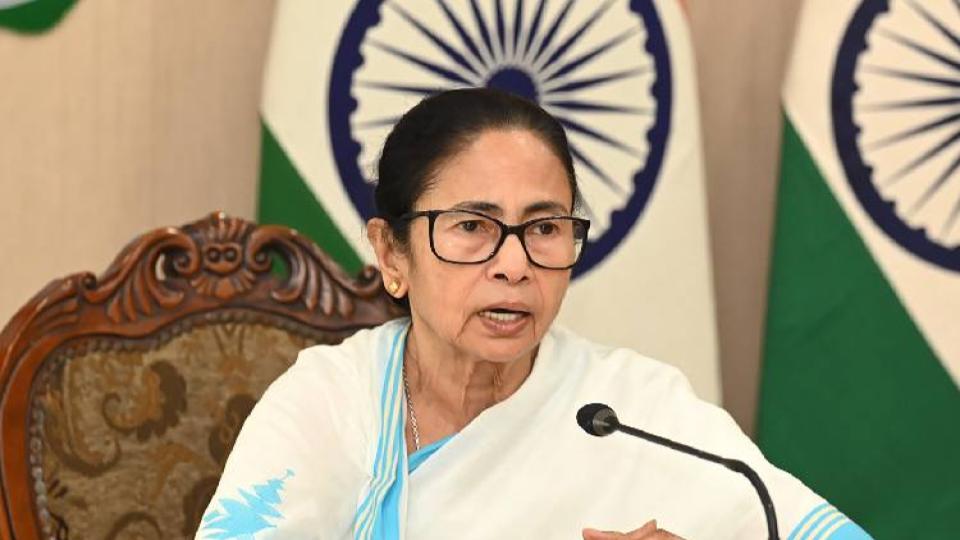
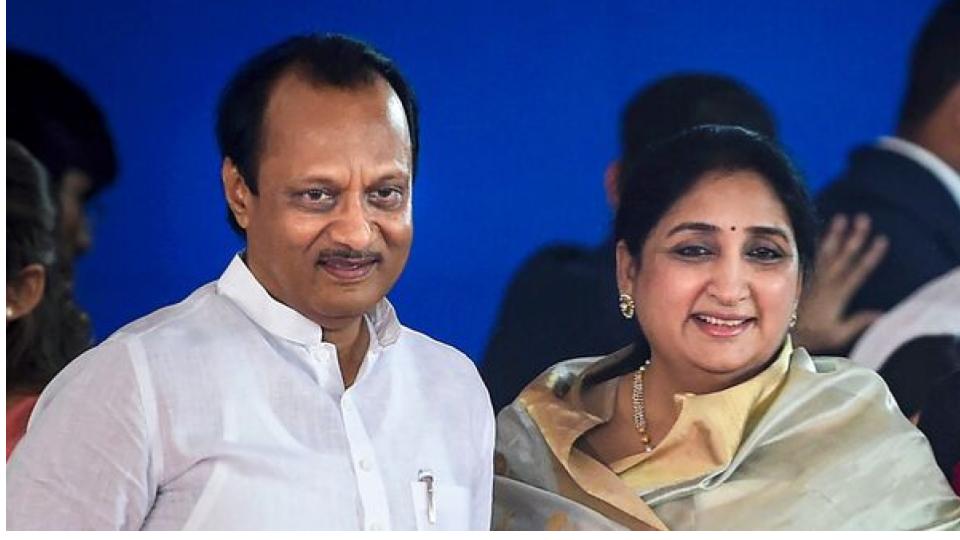
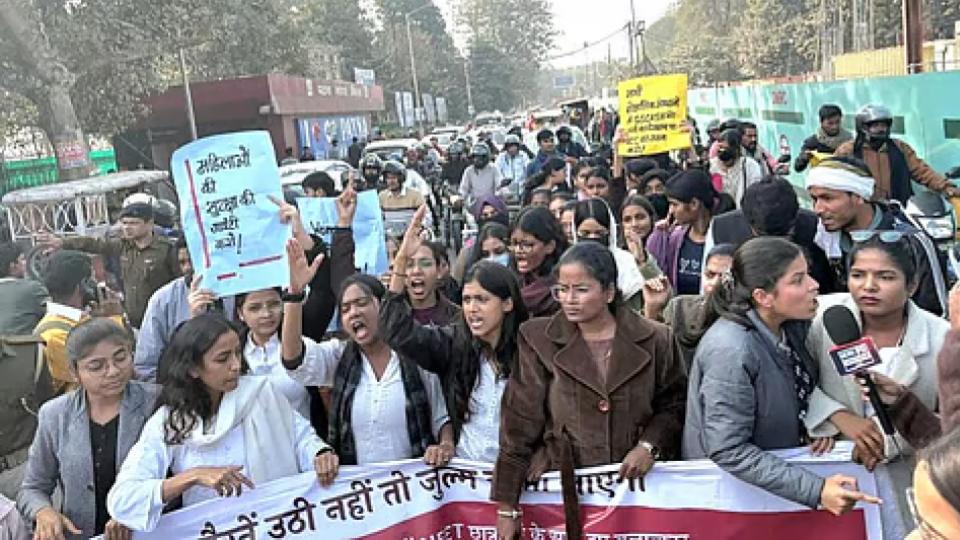



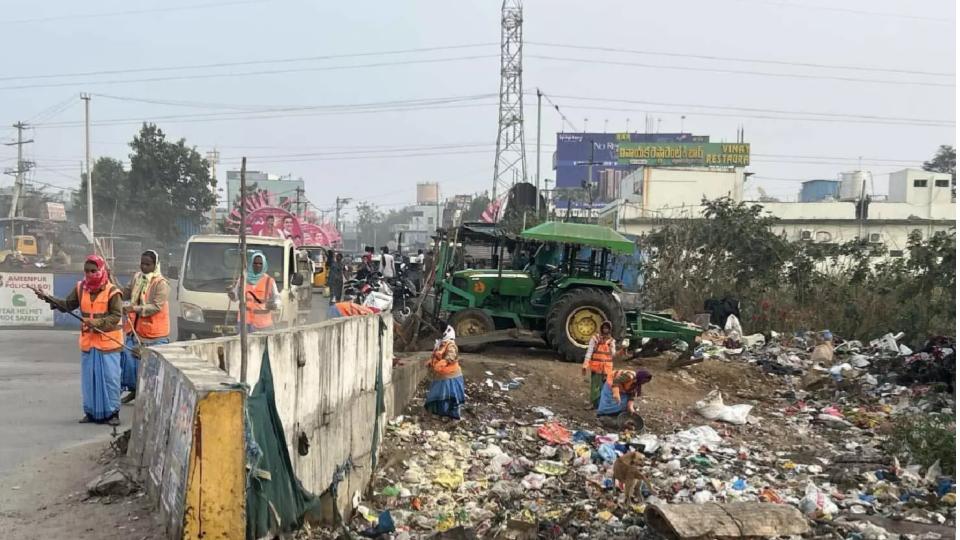
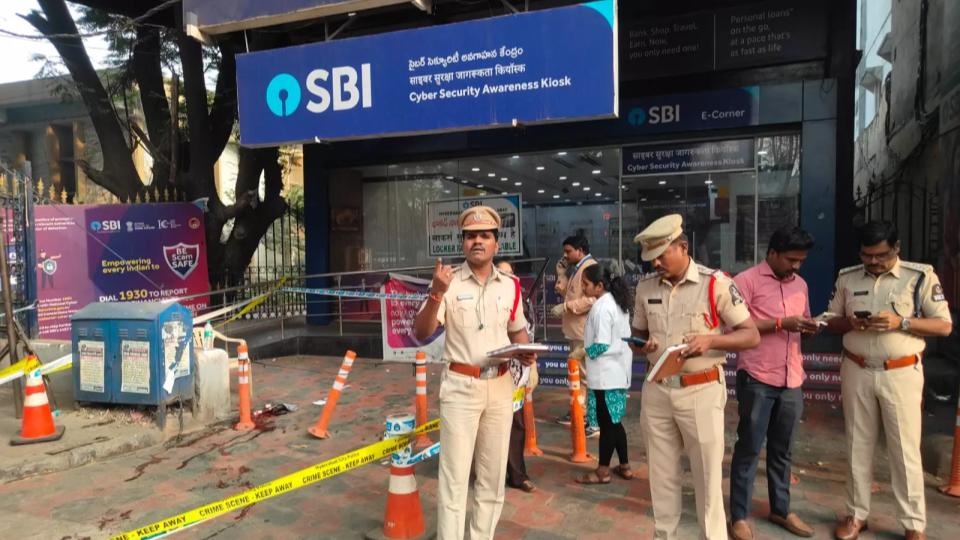

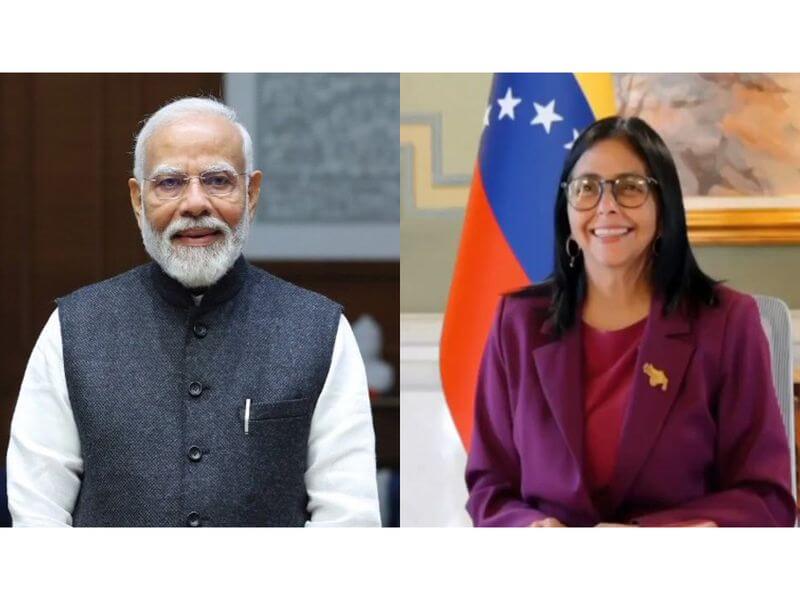














.jpg)
.jpg)
.jpg)


